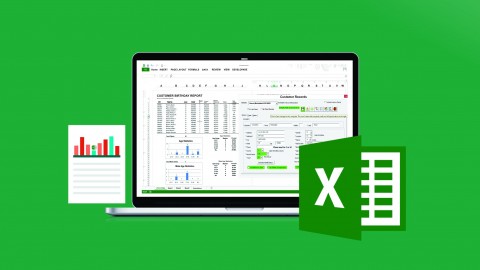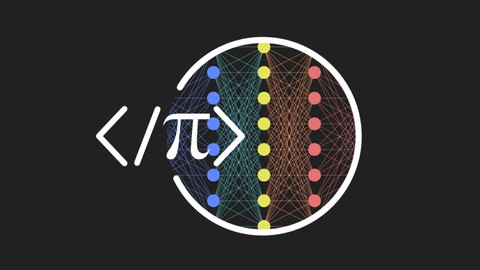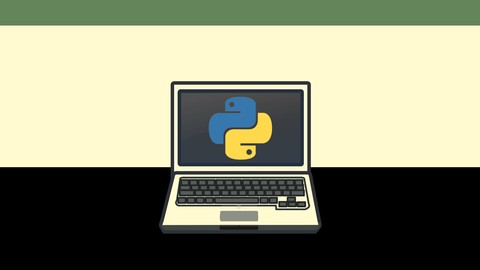Design Patterns in C# and .NET
Loại khoá học: Programming Languages
Discover the modern implementation of design patterns with C# and .NET
Mô tả
Course Overview
This course provides a comprehensive overview of Design Patterns in C# and .NET from a practical perspective. This course in particular covers patterns with the use of:
- The latest versions of C# and the .NET framework
- Use of modern programming approaches: dependency injection, reactive programming and more
- Use of modern developer tools such as ReSharper
- Discussions of pattern variations and alternative approaches
This course provides an overview of all the Gang of Four (GoF) design patterns as outlined in their seminal book, together with modern-day variations, adjustments, discussions of intrinsic use of patterns in the language.
What are Design Patterns?
Design Patterns are reusable solutions to common programming problems. They were popularized with the 1994 book Design Patterns: Elements of Reusable Object-Oriented Software by Erich Gamma, John Vlissides, Ralph Johnson and Richard Helm (who are commonly known as a Gang of Four, hence the GoF acronym).
The original book was written using C++ and Smalltalk as examples, but since then, design patterns have been adapted to every programming language imaginable: C#, Java, PHP and even programming languages that aren't strictly object-oriented, such as JavaScript.
The appeal of design patterns is immortal: we see them in libraries, some of them are intrinsic in programming languages, and you probably use them on a daily basis even if you don't realize they are there.
What Patterns Does This Course Cover?
This course covers all the GoF design patterns. In fact, here's the full list of what is covered:
- SOLID Design Principles: Single Responsibility Principle, Open-Closed Principle, Liskov Substitution Principle, Interface Segregation Principle and Dependency Inversion Principle
- Creational Design Patterns: Builder, Factories (Factory Method and Abstract Factory), Prototype and Singleton
- Structrural Design Patterns: Adapter, Bridge, Composite, Decorator, Façade, Flyweight and Proxy
- Behavioral Design Patterns: Chain of Responsibility, Command, Interpreter, Iterator, Mediator, Memento, Null Object, Observer, State, Strategy, Template Method and Visitor
Who Is the Course For?
This course is for .NET/C# developers who want to see not just textbook examples of design patterns, but also the different variations and tricks that can be applied to implement design patterns in a modern way. For example, the introduction of the DLR allows us to use an ImpromptuObject, so that our DynamicObject exposes any interface we desire. This allows for dynamic programming, and many design patterns are presented in terms of their static and DLR-based variations.
Presentation Style
This course is presented as a (very large) series of live demonstrations being done in Microsoft Visual Studio. Most demos are single-file, so you can download the file attached to the lesson and run it in Visual Studio, Visual Studio Code, Rider or another IDE of your choice.
This course does not use UML class diagrams; all of demos are live coding. I use Visual Studio, various NuGet packages, R# unit test runner and even dotMemoryUnit.
Bạn sẽ học được gì
Recognize and apply design patterns
Refactor existing designs to use design patterns
Reason about applicability and usability of design patterns
Yêu cầu
- Good understanding of C#
- Familiarity with latest C# features
- Good understanding of object-oriented design principles
Nội dung khoá học
Viết Bình Luận
Khoá học liên quan

Đăng ký get khoá học Udemy - Unica - Gitiho giá chỉ 50k!
Get khoá học giá rẻ ngay trước khi bị fix.





![Flutter & Dart - The Complete Guide [2024 Edition]](/uploads/courses/udemy/1708340_7108_5.jpg)










![Master Flutter By Building A Video And Voice Call App [2024]](/uploads/courses/udemy/5101704_6b00_4.jpg)

Đánh giá của học viên
Bình luận khách hàng